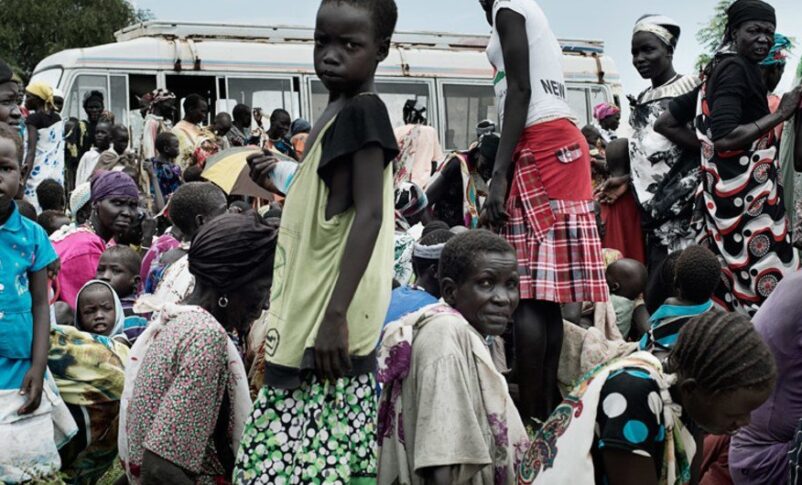Civilians in South Sudan facing gross human violations: report
January 18, 2022 (JUBA) – Civilians in South Sudan continue experiencing displacement and suffer from widespread human rights abuses and international crimes, including conflict-based ethnic, political, sexual and gender-based violence, a human rights entity said.
African Center for Justice and Peace Studies (ACJPS), in its May-August 2021 report, said human rights violations and international crimes have occurred since the start of the conflict in South Sudan.
Local monitors, during this reporting period, reportedly covered incidents from the Juba, Torit and Yei in Equatoria region, Rumbek, Tonj in Western Bahr el Ghazal region and Bor in Jonglei State.
At least 98 human rights abuses and international crimes occurred, it noted, citing rape, murder, looting or pillaging, abduction, arbitrary detention, torture, ill-treatment, forced disappearance, forced displacement, damages to property and recruitment of child soldiers.
The recent floods and acute food insecurity were highlighted as factors that have worsened the situation of civilians in South Sudan.
The rights body also accused the South Sudanese government of alleged harassment of activists, journalists, and their families – including freezing their assets to disrupt their work after a crackdown on civil society following calls for protests in late August 2021.
“In addition to civilians and local communities being targeted with human rights abuses, an international NGO [Non-Governmental Organization] compound in New Fangak was also attacked, and its members were severely beaten,” partly stated the report.
Due to this situation, the monitors could only document incidents until August 2021 and had to stop considering security risks, it stressed.
According the rights entity, local monitors and United Nations Mission in South Sudan (UNMISS) investigators continued to face challenges with mobility and accessing witnesses, due to Covid-19 and the corresponding travel restrictions adopted by government.
(ST)

